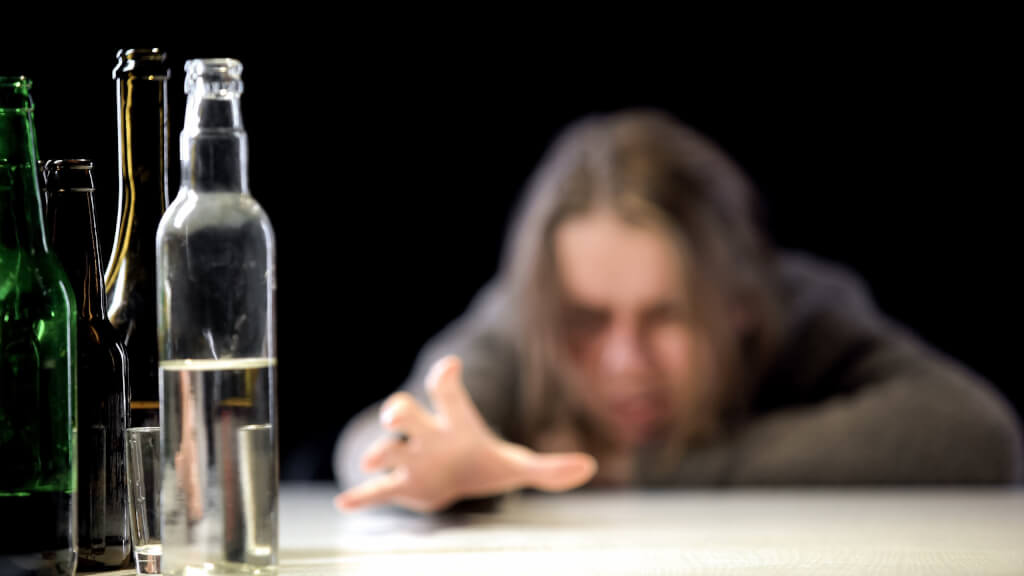There are numerous reasons why people struggle to stop drinking excessively, but detoxing from alcohol has symptoms among the most frightening. It’s common knowledge that if you’ve been drinking heavily for a long time, quitting can have side effects. This is especially true if you quit suddenly or ‘cold turkey.’ But how severe is alcohol withdrawal, what can you expect, and how can you prepare? There is a spectrum of alcohol withdrawal symptoms, but your experience will differ depending on how much you drink, your biology and psychology, and other factors.
What Is Alcohol Withdrawal?
The physical grasp alcohol has on the body is what makes quitting so hard. For problem drinkers and alcoholics, getting sober entails going through withdrawal, which can be painful and even dangerous without proper support and guidance. During alcohol withdrawal, addicts can experience various symptoms such as:
- Sweating
- Shakiness
- Nausea
- Cravings
- Appetite loss
- Mood changes
- Restlessness
That is why it is critical to seek out a medically supervised alcohol detox program that can provide you with the necessary support while your body recovers.
Withdrawal Symptoms to Beware of When Detoxing from Alcohol
If you have been using alcohol for a long time, whether regularly, in binges, or you started abusing it, you need to know what to expect if you stop drinking and go through withdrawal. People dependent on alcohol are likely to undergo withdrawal symptoms when they quit, but withdrawal can also occur after recurrent heavy drinking. The initial hangover can range in time and depth and can last for hours, but you will usually feel better within a day. On the other hand, alcohol withdrawal worsens throughout the first few hours and days and can last anywhere from a few days to more. Some drinkers also experience withdrawal symptoms for weeks or months, a condition known as post-acute withdrawal syndrome (PAWS).
Alcohol Cravings
Most people withdrawing from alcohol have a strong urge to drink more, a desire known as craving. Cravings are common in people who are detoxing from many addictive substances. Part of the desire is motivated by an urge to alleviate the alcohol withdrawal symptoms, but another factor is the desire to relive the euphoria of alcohol intoxication.
Mood Changes
Withdrawing from alcohol also impacts the mood negatively. One approach to make withdrawal easier to endure is to think of it as if you are required to repay a loan. You get a head start on some good feelings while drunk, but then you’re charged with a bill for those same sensations during the withdrawal phase. This is known as the rebound effect, and it is your body’s way of maintaining homeostasis. Once you’ve paid off the ‘debt,’ you’ll be able to feel good again.
Unfortunately, many people drink to feel at ease and content. When they stop drinking, they can expect to feel anxious and miserable because their bodies adjust to the lack of relaxing and mood-elevating outcomes of alcohol. Another reason withdrawal is so painful is that many people drink to mask negative emotions such as anxiety, grief, and frustration. As a result, they can feel emotionally overwhelmed when they are at their weakest if they do not have the desensitizing effect of alcohol and have not dealt with the underlying cause of those negative feelings.
Nausea and Sleep Issues
Vomiting or nausea is a well-known symptom of alcohol withdrawal. Regardless of how tired you are, alcohol withdrawal also frequently results in insomnia, which means having trouble getting to sleep or staying asleep.
Physical Agitation
People who are suffering from alcohol withdrawal are frequently physically agitated. This symptom usually comes with a heart rate increase and lots of sweating; you may also experience physical tremors and feel your hands shake. These symptoms will likely make you feel ill, but it is critical to recognize these withdrawal signs for what they are and not just as cold or flu symptoms.
Delirium
Although it is uncommon, delirium is the most severe side effect of alcohol withdrawal. It can appear two to five days after your last drink and can be fatal. However, less than 5 percent of people who stop drinking will develop delirium tremens.
The Importance of Detoxing From Alcohol with Supervision
The detox stage is the first in alcoholism treatment. Your body thoroughly cleanses alcohol during this period, with withdrawal symptoms typically subsiding one to two weeks after beginning the detox. You will then be able to concentrate on other aspects of your recovery, such as various activities, therapies, counseling sessions, and support options.
Withdrawal symptoms can change quickly and violently, which is why it is critical to detox under the supervision of medical professionals. A rehab facility’s treatment professionals, such as those at MD Home Detox, will be able to help you manage your pain with various treatments. This will allow you to concentrate on your recovery and get better.
Alcohol Rehab With MD Home Detox
The good news is that detox can get rid of most of the dangerous and unpleasant withdrawal symptoms. By enlisting the help of a detoxification specialist, you can rid your body of the toxins you’ve been ingesting. You will be safely weaned off alcohol in a medical detox program, such as the one at MD Home Detox while being monitored by medical professionals around the clock at home. Now, if you’re ready to confront your problem head-on, you’ll need the right partner by your side, so call us today to find out how we can help you.

